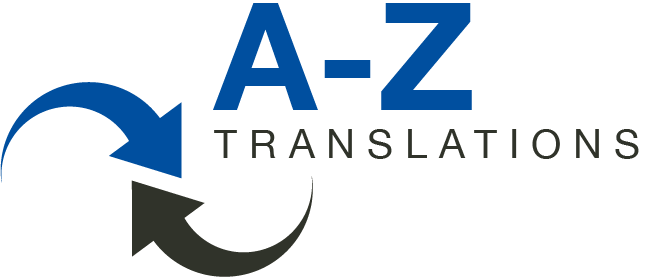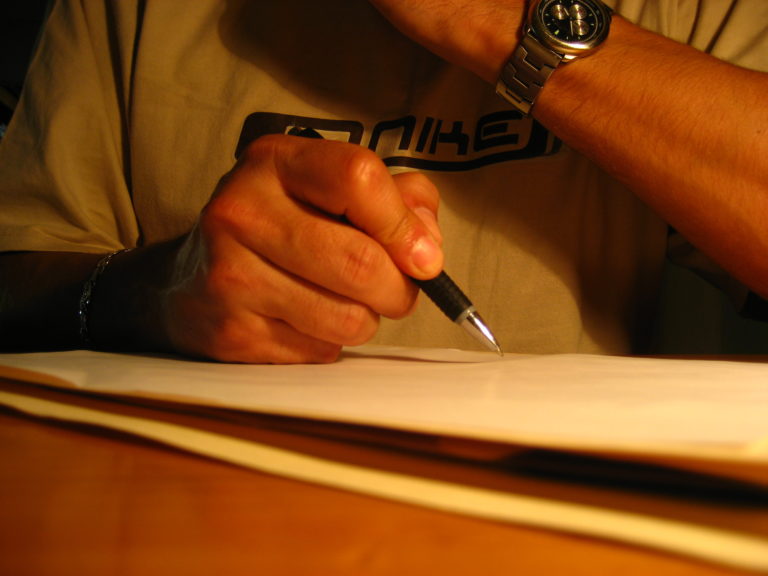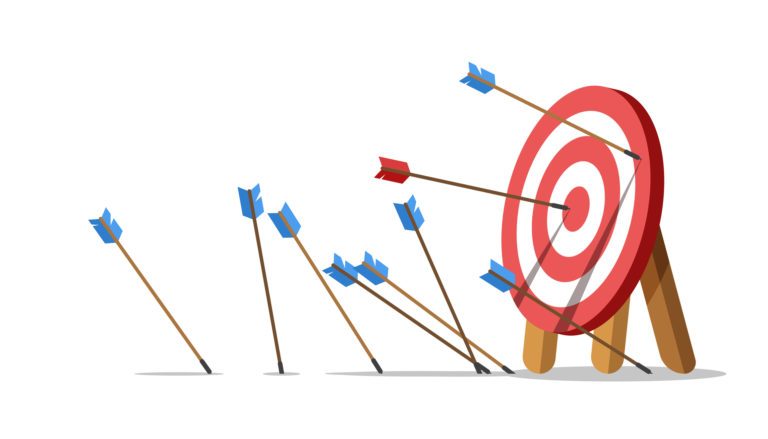The more you know, the harder it gets, until suddenly…
Once you begin to really understand your source language, you gradually become aware of its subtleties. That’s when you start thinking about the corresponding subtleties in your target language.
If you’re continually reaching for a thesaurus, you may not know exactly what it is you are looking for, but you know what you are doing – and why. You’re on the right path.
On the other hand, if you are continually reaching for a bilingual dictionary to help you through a text, don’t give up the day-job yet.
Since January, I have had the pleasure (and, I admit, the headache, too) of teaching translation again.
I love language and getting to the bottom of the meaning of a text, and I love finding just the right word to convey said meaning in the other language.
And I’m always trying to get my students just as excited about this and have them understand the sometimes very subtle differences between one word and another.
I’m not sure that I always succeed, and certainly, at times it is also a matter of personal preference, but still – seeing that light bulb go off every now and then makes it worth it.
The remark about not giving up the day job yet may sound a bit harsh, especially to someone just starting out in the profession. Yet in these times of rapid changes in the industry, you have to be very good at what you do as a translator and stand out in your chosen specialization (a topic for another post), because the machine can look up translations in bilingual dictionaries way faster than humans.
But it doesn’t understand the nuances, and that is the key to being successful as a translator.
This is number 46 of the «101 things a translator needs to know» compiled by WLF Think Tank. If you haven’t heard of it, go to the website and check it out. I got my copy from Chris Durban herself at a translator’s conference in Berlin a few years ago. It is full of useful, often funny, sometimes familiar, but always sound advice both for beginners and seasoned translators.
Image by Sofiia Potanina on scop.io




